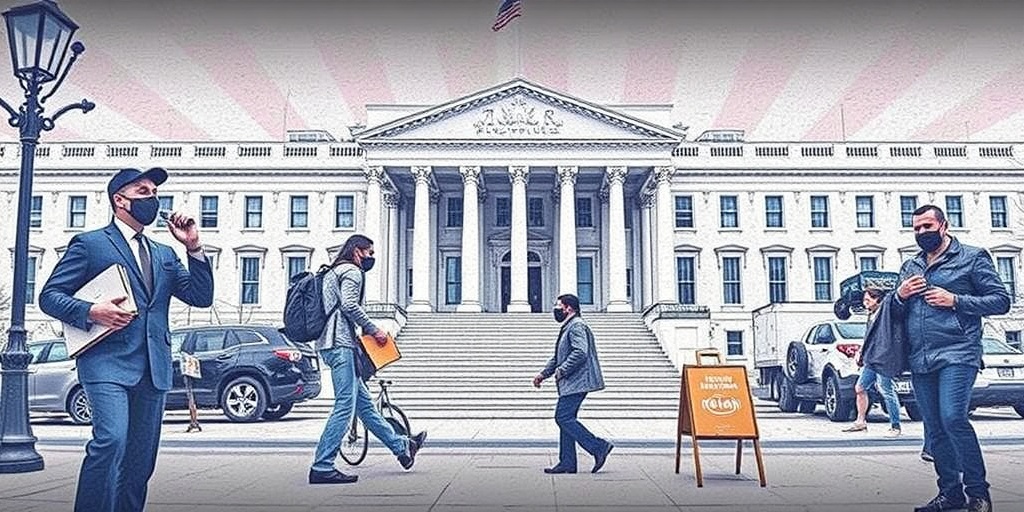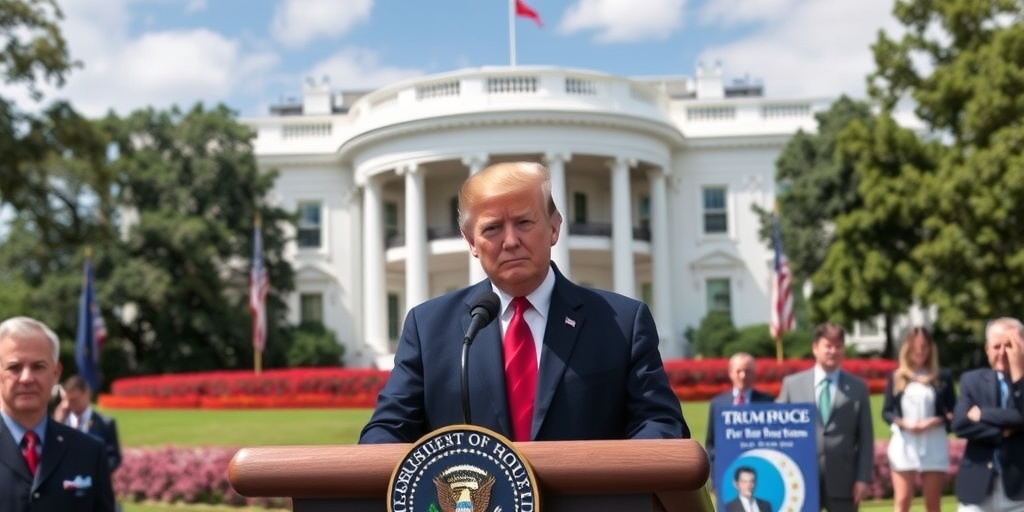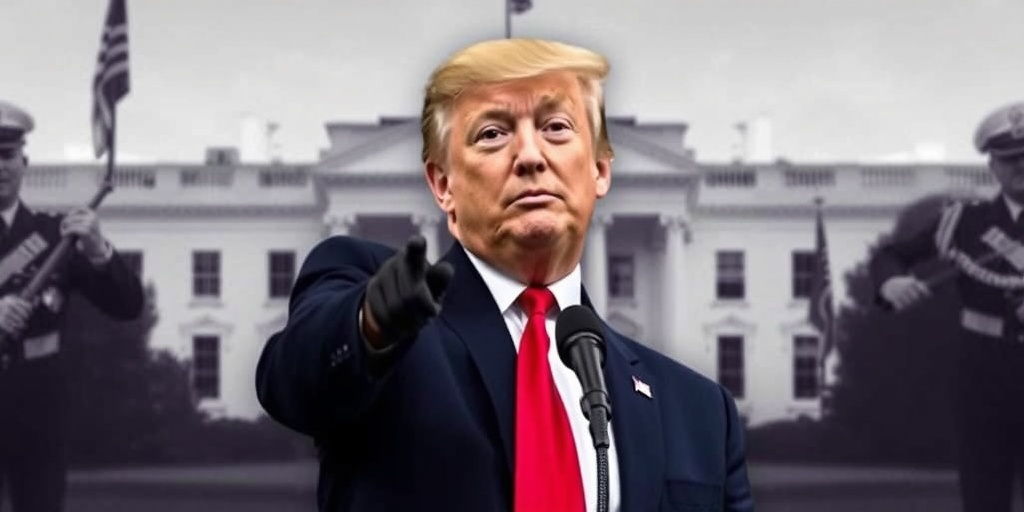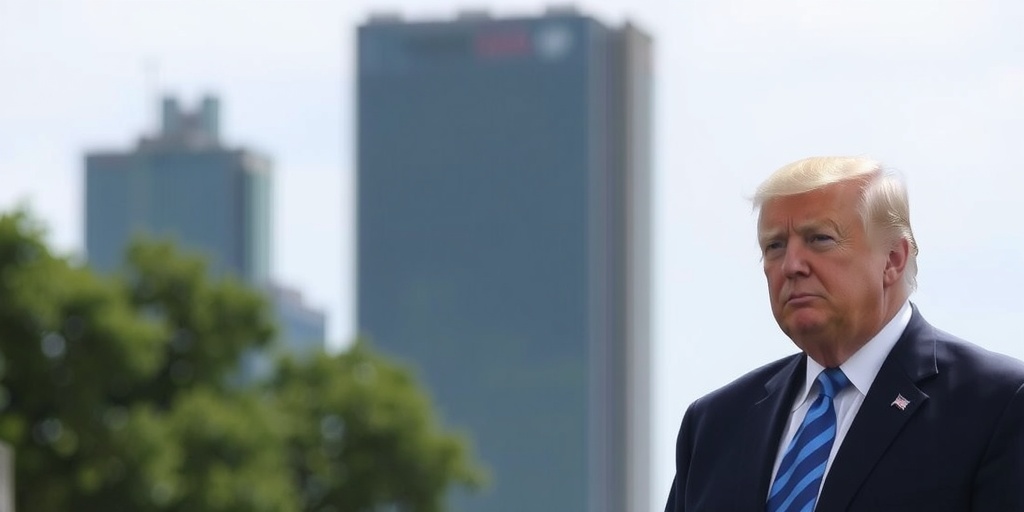Now Reading: Trump’s Policy Shift: Targeting Homeless Agency
-
01
Trump’s Policy Shift: Targeting Homeless Agency
Trump’s Policy Shift: Targeting Homeless Agency

Title: Trump’s Crusade Against the Interagency Council on Homelessness: Implications for U.S. Housing Policy
In recent events, President Trump’s decision to target the United States Interagency Council on Homelessness (USICH) has ignited a fierce debate over federal approaches to addressing homelessness in the country. This small agency, often overlooked, plays a crucial role in coordinating efforts across various federal entities to combat homelessness, and its potential dismantling raises serious concerns about the future of vulnerable populations in America.
Initially formed in 1987 amid growing concerns about the federal government’s lethargy in addressing homelessness, the USICH has operated as a platform for collaboration among different federal agencies. With the involvement of as many as 19 separate entities—from the Department of Housing and Urban Development to the Pentagon—the council focuses on streamlining efforts and resources to maximize efficacy in tackling homelessness. It has operated with a modest budget of $4 million, a fraction representing the larger federal expenditures, yet has been pivotal in reducing chronic homelessness, particularly among veterans.
One of the council’s hallmark initiatives is its advocacy for the "Housing First" model. This evidence-based approach provides stable housing to chronically homeless individuals without mandating that they engage in treatment for mental health or substance abuse issues. Proponents argue that this model not only saves lives but also paves the way for individuals to eventually accept the necessary services they may need. The success of Housing First is underscored by a notable decline of over 50% in veteran homelessness, a significant achievement credited to the council’s efforts.
However, the Housing First approach has not been without its critics. Detractors, including some conservative factions, argue that simply providing housing without addressing underlying issues can lead to a revolving door of homelessness for many individuals struggling with addiction or mental health challenges. They assert that prioritizing Housing First in federal grants sidelines other types of programs—especially those focusing on sobriety and rehabilitation, which, according to critics, are essential for long-term success in preventing homelessness.
Trump’s recent executive order targeting the USICH can be seen as the culmination of his administration’s shift toward more polarizing and ideologically-driven policy decisions. During his first term, Trump largely accepted the status quo regarding homelessness strategies, operating with a director who had been appointed by his Democratic predecessor. However, as homelessness increased, his administration became more critical of previously accepted policies. This shift has now progressed to an outright attack, with calls to eliminate the council entirely.
The implications of such a decision are significant. According to Devon Kurtz, a policy analyst at the conservative Cicero Institute, dissolving the council would eliminate what he describes as a “propagandist arm for failed Housing First policies.” While Trump’s order does not abolish the council outright—its existence is mandated by law—it aims to reduce its influence significantly. Critics warn that such actions could undermine coordination in homelessness strategies at a time when comprehensive approaches are more crucial than ever.
Despite the contentious atmosphere surrounding the USICH, many local leaders have recognized its value in easing the burden of homelessness. A case in point is Long Beach, California, where the council collaborated with local government after a significant rise in homelessness during the COVID-19 pandemic. The partnership led to the establishment of new youth shelters and training centers, effectively reducing youth homelessness in the area by nearly half. These successes are attributed to the council’s role in fostering collaboration among various government levels and private entities, demonstrating the council’s potential for enhancing government efficiency rather than hindering it.
Amidst the ongoing debate around the future of the USICH and the Housing First model, voices from various sectors continue to emerge. Some critics advocate for a more balanced approach, favoring a diverse funding structure that acknowledges both Housing First and treatment-focused programs. Stakeholders like Tom De Vries, CEO of the Citygate Network—which represents numerous faith-based rescue missions—argue for the preservation of the council. He asserts that homelessness remains a significant humanitarian crisis that necessitates sustained attention from Washington.
As Trump’s administration pushes forward with potentially transformative changes, the fate of the USICH hangs in the balance. The discussion surrounding the agency not only reflects divergent views on the best methods to address homelessness but also highlights the broader ideological battle over how federal resources should be allocated. With homelessness reaching crisis levels in various parts of the country, the decisions made in the coming months will inevitably have profound implications for millions of Americans who face uncertainty and hardship.
Stay Informed With the Latest & Most Important News
Previous Post
Next Post
-
 01New technology breakthrough has everyone talking right now
01New technology breakthrough has everyone talking right now -
 02Unbelievable life hack everyone needs to try today
02Unbelievable life hack everyone needs to try today -
 03Fascinating discovery found buried deep beneath the ocean
03Fascinating discovery found buried deep beneath the ocean -
 04Man invents genius device that solves everyday problems
04Man invents genius device that solves everyday problems -
 05Shocking discovery that changes what we know forever
05Shocking discovery that changes what we know forever -
 06Internet goes wild over celebrity’s unexpected fashion choice
06Internet goes wild over celebrity’s unexpected fashion choice -
 07Rare animal sighting stuns scientists and wildlife lovers
07Rare animal sighting stuns scientists and wildlife lovers





















